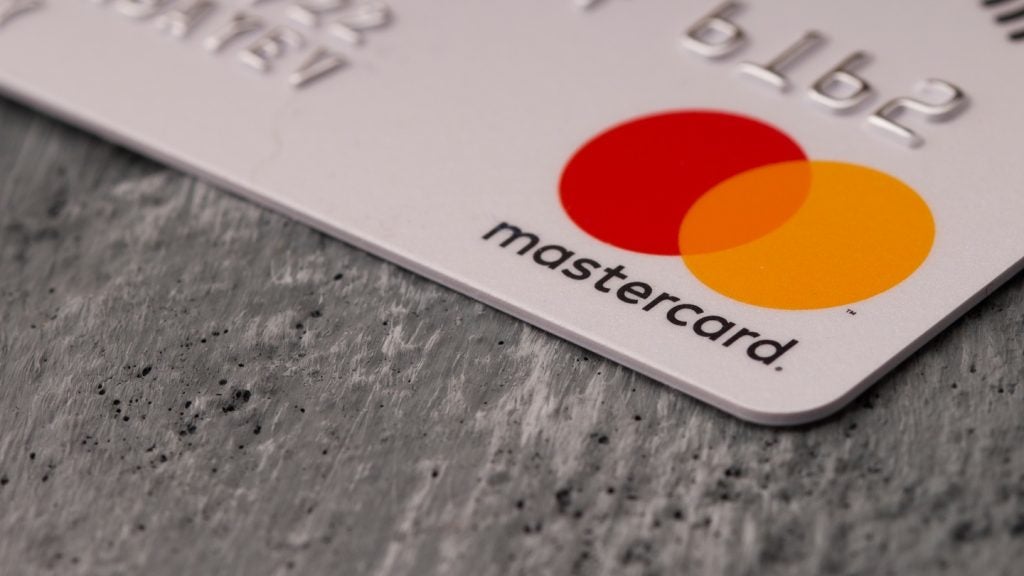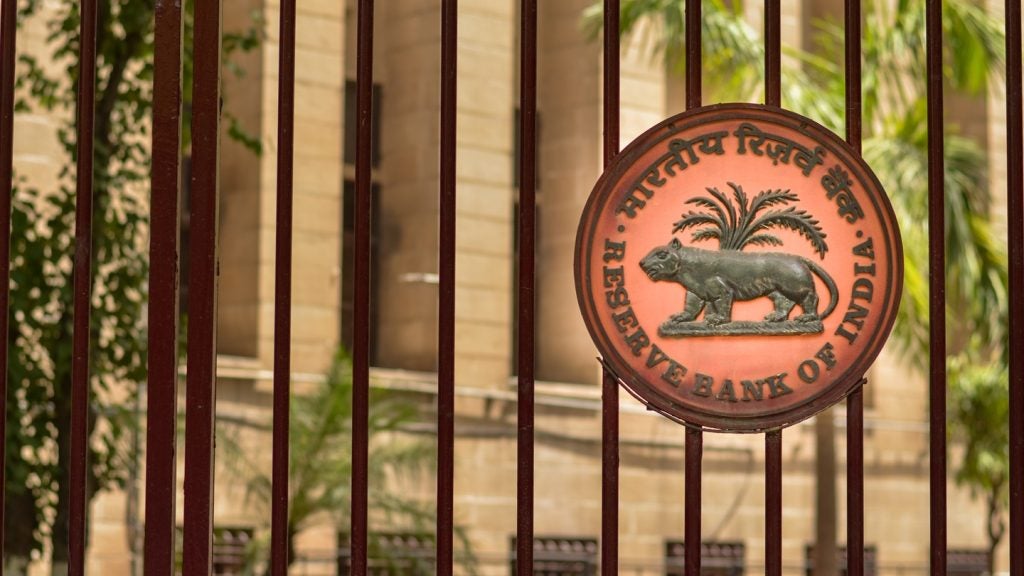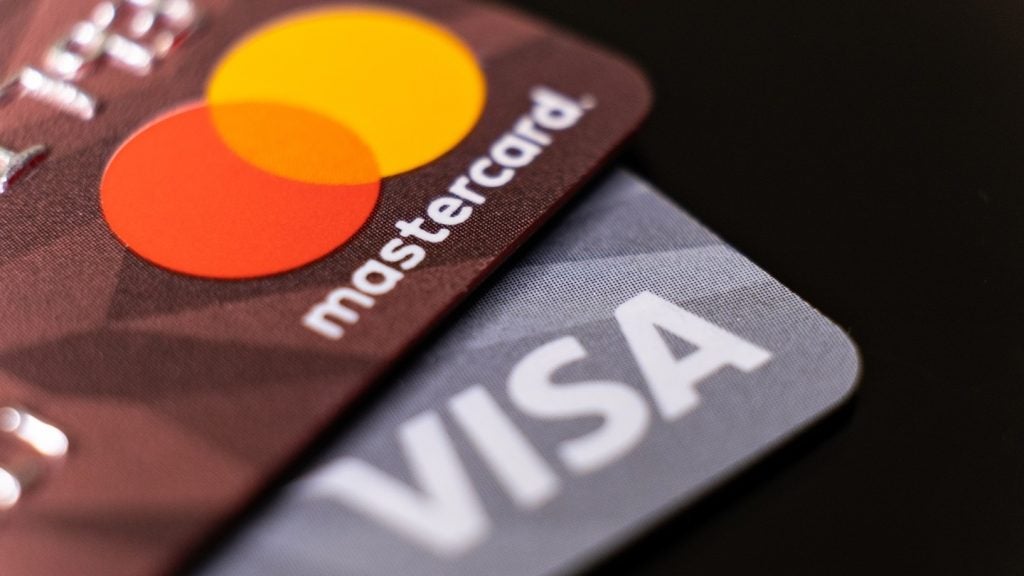Germany is one of Europe’s largest payment cards markets, and is the third largest in terms of annual card transaction value. Despite the gradual growth in non-cash payments over the last decade, consumers in Germany still have a strong inclination towards cash for the majority of transactions. Payment cards are still predominantly used to withdraw cash from ATMs
Germany is still far from being recognised as a fully mature market, however- the average number of monthly card transactions by consumers in Germany was 2.5 in 2014; much lower than France (9.4) and the UK (6.5).

Access deeper industry intelligence
Experience unmatched clarity with a single platform that combines unique data, AI, and human expertise.
Girocard maintains its stranglehold in the German debit card market
Consumers in Germany use debit cards for most transactions and the national debit card scheme, Girocard is the most frequently used payment card, including Visa and MasterCard debit cards. Girocards are enabled with EMV technology, which offers enhanced security for POS terminal transactions. Payment guarantees to retailers by all the participating banks makes the Girocard a popular choice of payment card among retailers.
The interchange fees charged for Girocard are between 0.2% and 0.3%, which is much less than Visa with 1.08% and MasterCard with 1.10% in 2014. As Girocard transactions accounted for 90.2% of the overall debit card transactions, the low interchange fee charged for Girocard reflects to a great extent on the merchant service charges prevailing in the market.
In Germany, the average merchant service fee for debit cards was 0.34% in 2014. The combination of factors collectively led to the higher acceptance of Girocards at retail outlets in Germany during the review period (2010-2014).

US Tariffs are shifting - will you react or anticipate?
Don’t let policy changes catch you off guard. Stay proactive with real-time data and expert analysis.
By GlobalDataHowever, with the new regulation capping interchange fees at 0.2% for consumer debit cards, effective from June 2015, Girocard is anticipated to face stiff competition from Visa and MasterCard over the forecast period (2015-2019).


Effect of interchange fee on the German credit card market
In Germany, credit cards occupy a trivial share in the overall payment cards market. Due to overdraft facilities on the majority of regular bank accounts, the need for short-term credit facilities is reduced. Consumers in Germany are using credit cards to benefit from interest-free credit periods; this facility is not available for overdrafts, and banks calculate the interest rate from the day the overdraft facility is utilised.
The German credit card market is anticipated to be affected negatively by the interchange fee cap at 0.3%, especially for banks that issue Visa and MasterCard-brand credit cards.
These banks are anticipated to witness severe revenue erosion and to compensate, banks are anticipated to increase annual fees or reduce reward benefits to credit cardholders, limiting credit card market growth potential.
Mobile contactless payments are gaining prominence in Germany
NFC-based mobile payments are gradually gaining prominence in Germany, as retailers and mobile operators actively promote NFC technology to improve their business. Consumer preferences for secure payment services that allow them to purchase products are also gaining ground in Germany.
Many of these services are based on NFC technology, and companies are embracing this technology to benefit from the expansion of the mobile payment (m-payment) market. In April 2015, for instance, Vodafone Germany, Deutsche Telekom and Telefonica, along with six major German retailers, launched a program in Berlin to introduce upgrades to 2000 POS terminals across 500 retail outlets that accepted mobile contactless payments.







